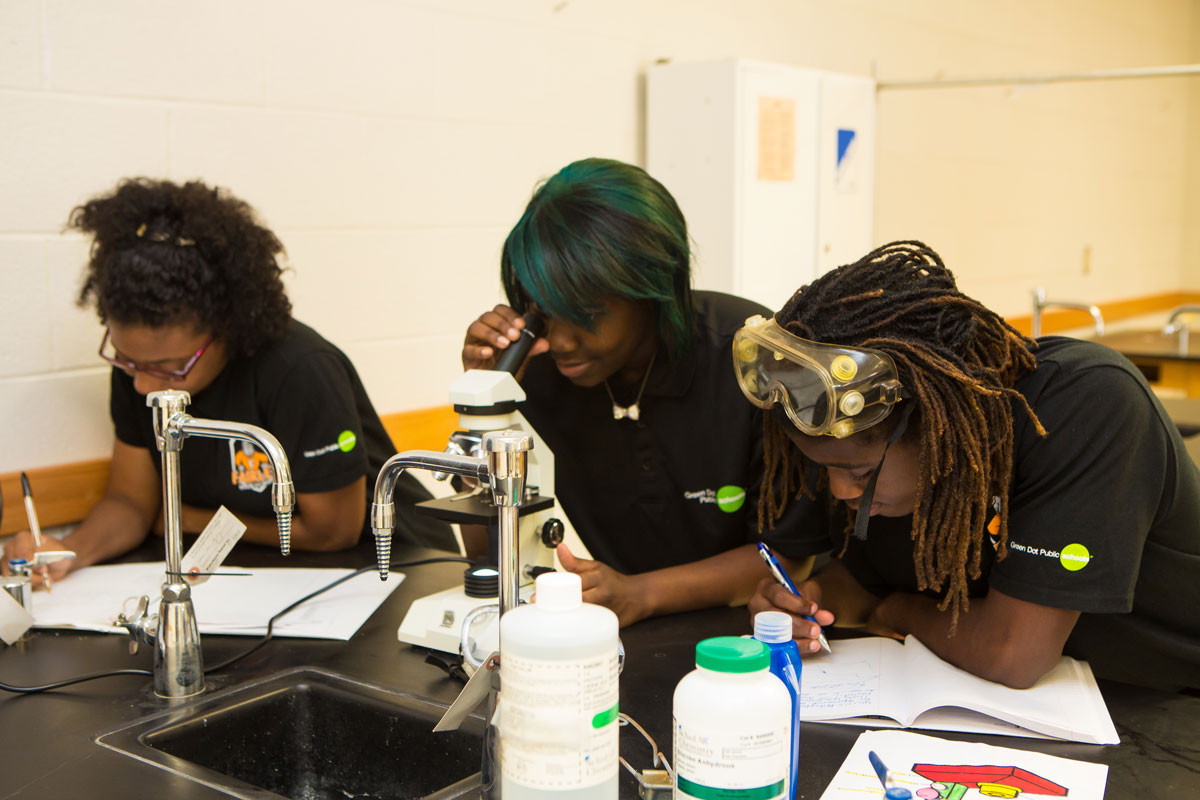Embracing Accountability for Tennessee’s Public Charter Schools

By Megan Quaile, Ed.D. Chief Growth Officer & Executive Director, GDPS Tennessee
Nearly 14,400 Memphis students attend charter schools, and those numbers are growing steadily with each new school year. When public educational reform is a concern in any metropolitan area – whether New Orleans, Los Angeles, or Memphis – you can bet that charter schools are part of that dialogue.
Concerns regarding accountability and student performance understandably enter the discussion, leaving parents, grandparents and family members with a lot of questions. And rightfully so – all children have a basic right to a high-quality education, regardless of where they live and their own background.
The State Collaborative on Reforming Education (SCORE), an independent nonprofit and non-partisan advocacy and research institution, clarifies the extent to which charter schools are evaluated and held accountable for student performance in the State of Tennessee. Charter schools are held to higher accountability standards than other public schools, since public charter schools cannot be in the bottom 5%. If it happens, their charter will be revoked.
SCORE Report
Charter schools are part of the public school system and, as such, are held responsible for their students’ performance. Students enrolled in charter schools must take the statewide TCAP and End-of-Course exams that their peers in traditional schools take, and these data are used to calculate the performance of the school as a whole. Under the state’s new accountability system, schools are evaluated based on student growth on state standardized tests (SCORE, Public Charter Schools in Tennessee).
In addition, teachers are also held to the same accountability standards, whether they teach in a public school or a public charter school. However, charter schools may use different evaluation rubrics as long as they are showing student growth in achievement.
Accountability at Fairley
At Fairley High School, where Green Dot Public Schools was invited to operate by the Achievement School District, we are paving the way for higher standards of learning thanks to increased instructional time and focus on reading and math to address deficiencies. Public charter schools are also held accountable financially. The State Board of Education and Achievement School District (ASD) monitor and review each school’s attendance rates, budget, and annual report at the end of each fiscal year. According to the State of the Sector report, compiled by the Tennessee Charter School Center:
Tennessee Public Charter Schools Act requires that every charter school undergo an annual audit by an independent accounting firm. These audits are then submitted to the State Comptroller, the Department of Education, and the Local Board of Education (LEA) and are made available to the public on the State Comptroller’s website.

With just as much accountability as traditional district-run schools, Tennessee’s public charter schools like Fairley High are showing growth in students’ academic performance and college readiness. They are also transforming failing schools to places of learning that provide better resources for students, advancing education reform in Memphis that we need.
